Do you ever wish you had a dog who seemed born to be sweet, calm, and easygoing? Or maybe you’ve met a dog whose stubbornness could test the patience of a saint! The differences between breeds can be downright astonishing—some pups are little furry angels, while others are lovable but need a whole lot more guidance. If you’re thinking about adding a dog to your family, or just curious about which breeds are naturally gentle and which ones might keep you on your toes, you’ll want to keep reading. Prepare to be surprised by just how much temperament can vary. Let’s dive into the world of dogs and discover 10 breeds that almost never need obedience school, and 9 that definitely do!
Cavalier King Charles Spaniel: The Gentle Heart
The Cavalier King Charles Spaniel is often described as the ultimate lapdog, and for good reason. These charming pups are famously affectionate and rarely show signs of aggression, even to strangers. Their sweet nature makes them perfect for families, seniors, and anyone who wants a companion that’s always gentle. Cavaliers tend to learn basic manners almost naturally—they’re eager to please and love being close to their people. Many owners find that these dogs simply don’t need much formal obedience training because they pick up on house rules without fuss. They’re also remarkably tolerant of children and other pets, making them a favorite among dog lovers seeking peace at home.
Basset Hound: The Patient Soul
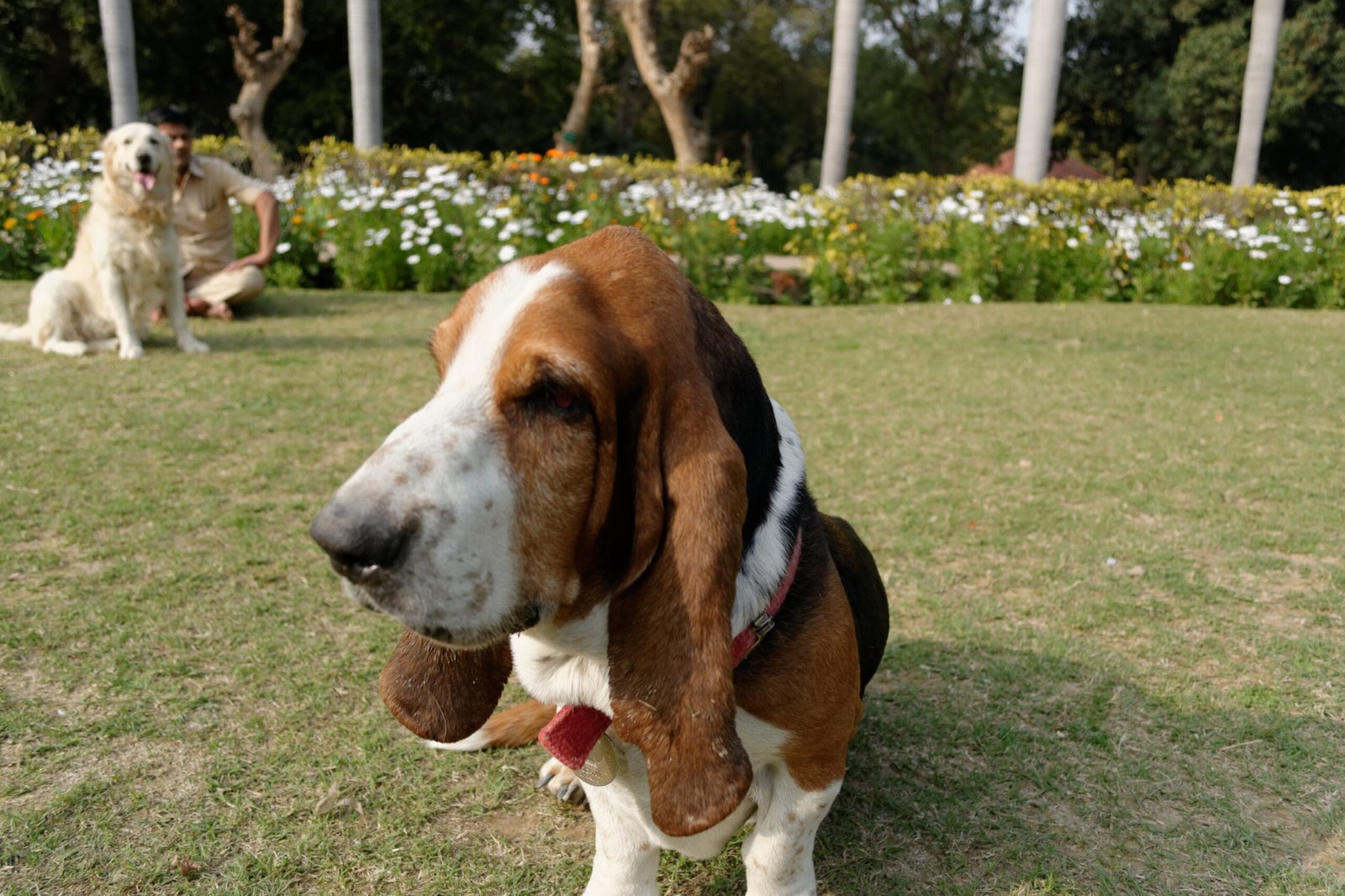
Basset Hounds are the definition of easygoing. Their calm demeanor means they rarely get ruffled, even in chaotic households. Bassets are known for their incredible patience and mild temperament. While their stubborn streak might make them a bit slow to respond, they’re not aggressive, and most won’t challenge authority. These dogs are content to lounge around and follow their noses rather than pick fights or misbehave. Their laid-back personality means that basic obedience comes almost by default; they just want to be a part of the family. For anyone looking for a dog that’s as mellow as they come, the Basset Hound is hard to beat.
Golden Retriever: The Friendly Favorite
Golden Retrievers have earned their reputation as one of the friendliest and least aggressive breeds. Their sunny disposition and love for people make them fantastic companions for children and adults alike. These dogs are so eager to please that they often seem to know what you want before you say a word. Training a Golden is usually a breeze—they’re quick learners and naturally obedient. Aggression is almost unheard of in well-bred Goldens, and they thrive on positive interaction. If you want a dog that brings warmth and harmony to your life with minimal effort, the Golden Retriever is a shining example.
Shih Tzu: The Peaceful Pal
Shih Tzus might be small, but their hearts are huge. These little dogs are renowned for their gentle, loving temperament. They rarely display aggressive tendencies and are more likely to snuggle up than bark or bite. Shih Tzus are perfect for apartment dwellers or families seeking a calm and affectionate pet. Their intelligence and desire to please mean they pick up on basic commands quickly, making formal training sessions almost unnecessary. They’re sociable with both people and other animals, and their cheerful nature makes them a delight to have around the house.
Bernese Mountain Dog: The Calm Giant
Despite their imposing size, Bernese Mountain Dogs are some of the kindest souls you’ll ever meet. They’re known for their gentle and patient demeanor, especially with children. Berners are naturally obedient and love being part of a family unit. Their intelligence and calm nature mean that they rarely require intensive obedience training; most learn the rules of the house with surprising ease. Aggression is not in their nature—instead, they’re more likely to offer a comforting nuzzle than a growl. These gentle giants are perfect for anyone seeking a loving companion who brings a sense of calm to every situation.
Great Dane: The Gentle Giant
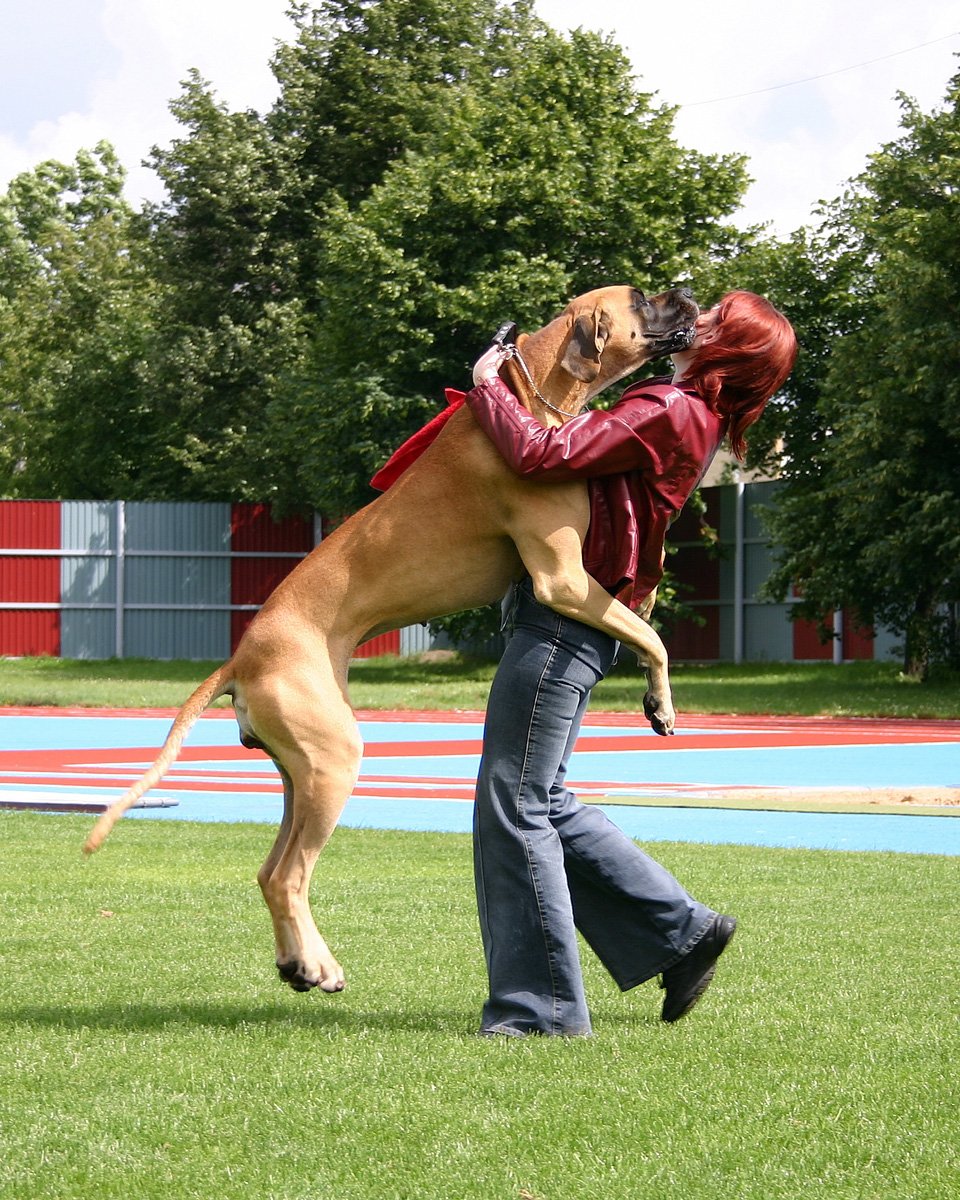
Great Danes may look intimidating at first glance, but they’re famously gentle and affectionate. Most Great Danes are calm, patient, and surprisingly easy to manage considering their size. They bond closely with their families and are known for being especially gentle with children. Aggression is rare in this breed, and they typically respond well to gentle guidance rather than strict training. Their naturally laid-back temperament means that they pick up on household routines quickly, making obedience training less of a necessity. For anyone who wants a big dog with an even bigger heart, the Great Dane is a wonderful choice.
Pug: The Comical Companion
Pugs are the clowns of the dog world, and their friendly, non-aggressive nature is a big part of their charm. They adore human company and are always eager to be part of the action, whether it’s playtime or nap time. Pugs are generally good-natured, rarely show aggression, and get along well with children and other pets. Their willingness to please makes them easy to manage, and most owners find that they don’t require much formal training to behave well. Pugs may be stubborn at times, but their sweet personality shines through, making them delightful companions for all ages.
Newfoundland: The Nanny Dog
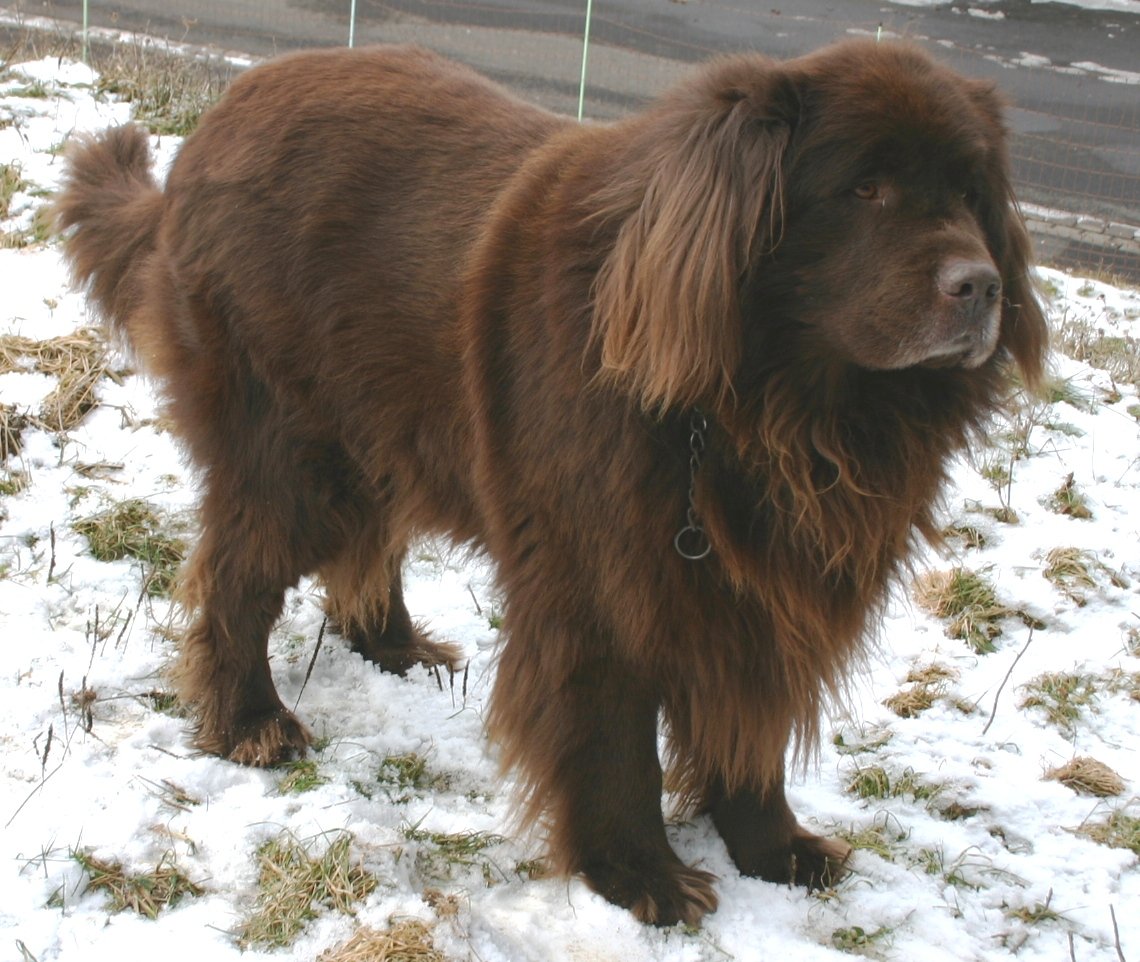
Often called “nature’s babysitter,” the Newfoundland is famous for its gentle, protective instincts, especially around children. These massive dogs have a calm and patient temperament that makes them trustworthy members of any household. Newfoundlands are rarely aggressive and are quick to pick up on the rules of the home. Their intelligence and desire to help mean they respond well to gentle direction, and many owners find that formal obedience school isn’t necessary. With their affectionate nature and gentle spirit, Newfoundlands make wonderful family pets.
Whippet: The Quiet Observer

Whippets are sleek, elegant, and surprisingly low-key. These dogs are known for their gentle, non-confrontational demeanor. Whippets prefer peace to drama and are not prone to aggression, making them wonderful companions for families, singles, or seniors. They’re also remarkably easy to live with—quiet, clean, and naturally obedient. Most Whippets require little in the way of formal training; they seem to intuitively grasp household expectations and rarely misbehave. Their calm presence and affectionate nature make them an ideal choice for those seeking a stress-free canine companion.
Irish Setter: The Happy-Go-Lucky Friend
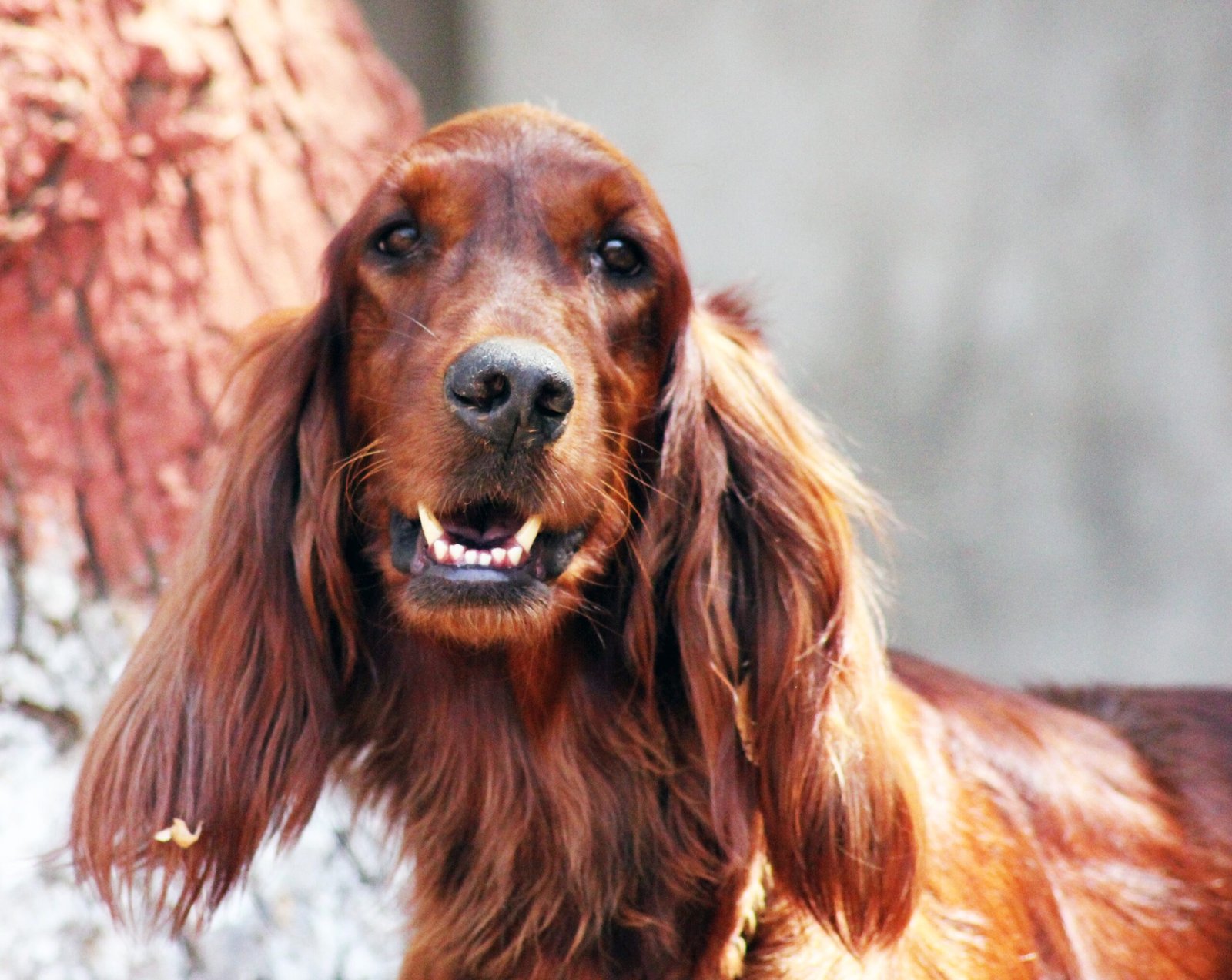
Irish Setters are bursting with energy and joy, but aggression is simply not in their DNA. Known for their playful, friendly attitude, these dogs love everyone they meet and are eager to make friends wherever they go. Irish Setters learn quickly and are generally eager to please, which means they often require only minimal obedience training. Their high spirits can sometimes get the better of them, but they’re never mean-spirited or aggressive. If you want a dog that brings joy and laughter into your home with little need for discipline, the Irish Setter is a delightful choice.
Jack Russell Terrier: The Spirited Challenge
Now, let’s turn to breeds that do need a bit more guidance. Jack Russell Terriers are bundles of energy and intelligence, but their independent streak can make them a real handful. These dogs are clever and quick, but they love to test boundaries, making consistent obedience training essential. Without it, their mischievousness can quickly become overwhelming. Jack Russells thrive when given tasks and clear rules, but they’re not naturally docile. Their need for mental and physical stimulation means that owners should be prepared to invest time and patience into their training.
Chihuahua: The Tiny Firecracker
Don’t let their small size fool you—Chihuahuas often have big personalities and can be surprisingly feisty. They tend to form strong bonds with their owners, which sometimes results in possessive or territorial behavior. Without proper training, Chihuahuas may develop habits like excessive barking or nipping. Their alertness and boldness require early socialization and consistent boundaries. While they can be loving companions, Chihuahuas benefit greatly from structured obedience training to ensure their spirited nature doesn’t turn into stubbornness.
Border Collie: The Brainy Workaholic
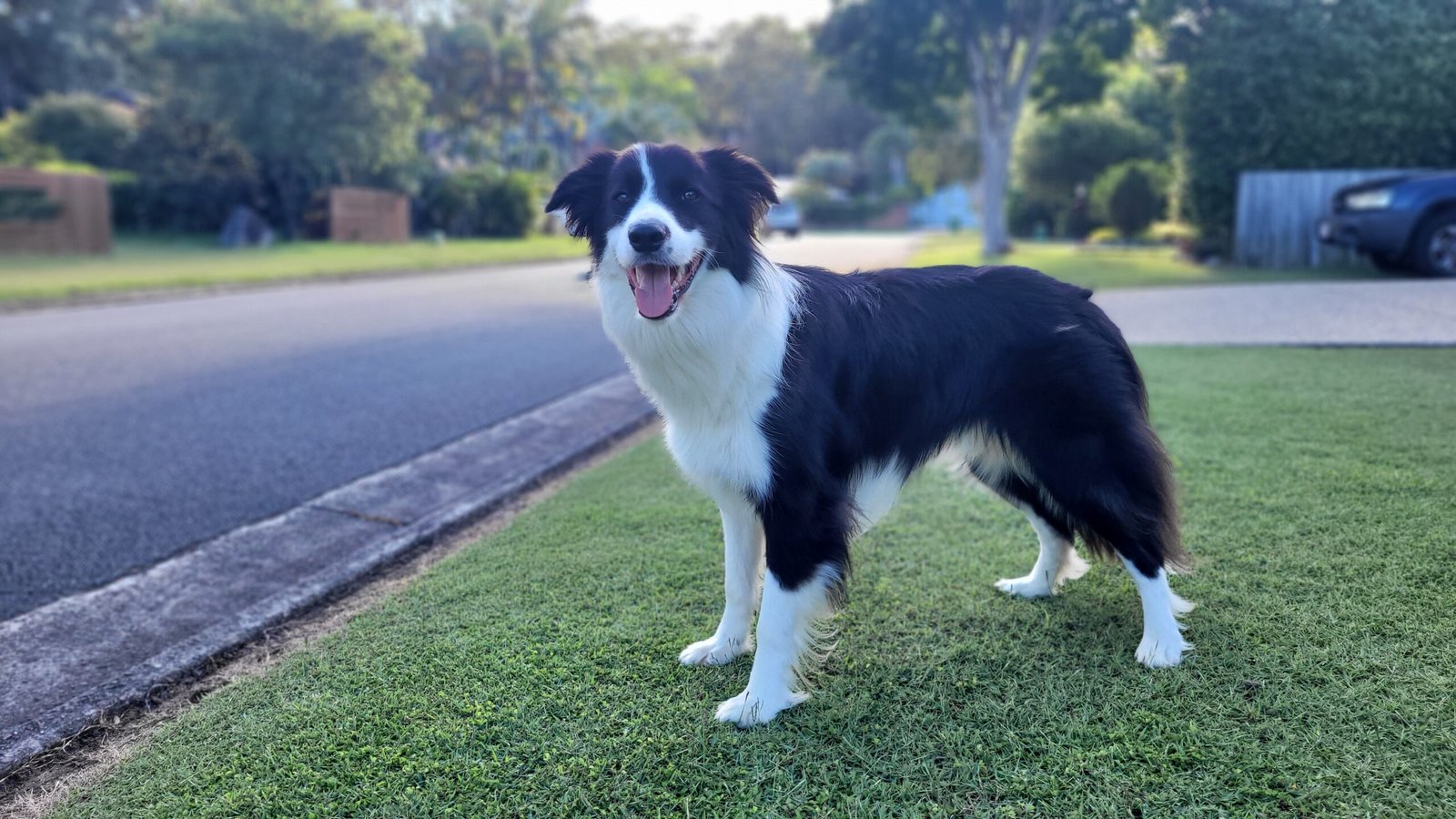
Border Collies are often called the smartest dogs in the world, but their intelligence can be a double-edged sword. These dogs need a “job” to do and thrive on mental challenges. Without direction, a Border Collie’s energy and drive can lead to unwanted behaviors like herding children or obsessively chasing anything that moves. Obedience training isn’t just recommended for this breed—it’s essential. Border Collies excel with structure, and training helps channel their intelligence in positive ways. Owners who skip obedience school may quickly find themselves overwhelmed.
Bulldog: The Stubborn Sweetheart
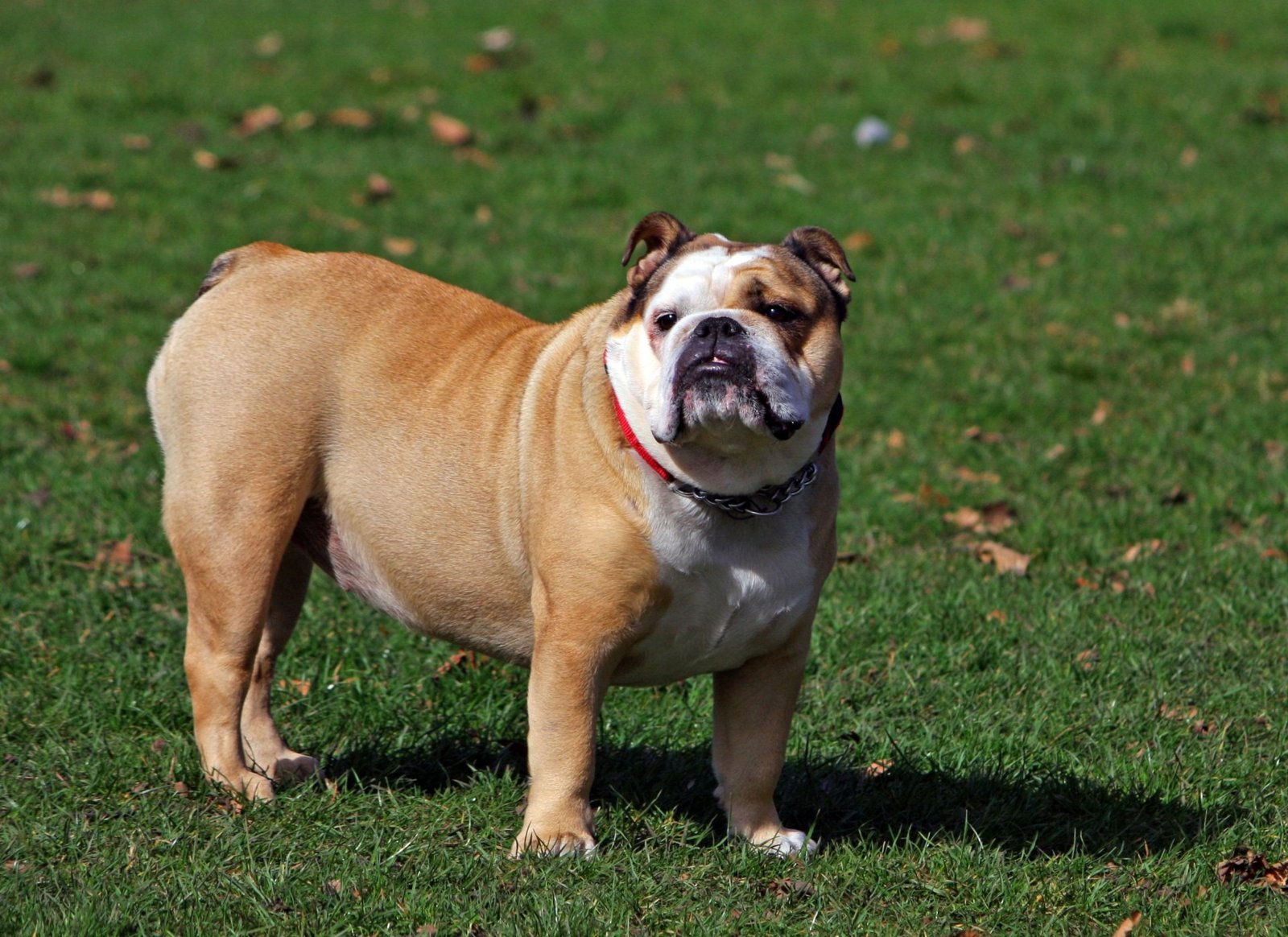
Bulldogs are lovable and loyal, but they have a reputation for being stubborn. These dogs often want things their own way and may ignore commands if they don’t see the point. While aggression is rare, Bulldogs need consistent, positive training to reinforce good manners. Their laid-back nature can sometimes make them seem lazy, but don’t let that fool you—clear boundaries are a must. With patience and early training, Bulldogs can become well-behaved companions, but they do require more effort than some of the naturally obedient breeds.
Dachshund: The Determined Diggler
Dachshunds are clever and charming, but also fiercely independent. These little dogs were bred to hunt, and their bravery can translate into stubbornness at home. Without proper training, Dachshunds may become territorial or develop habits like barking and digging. They need firm, consistent guidance to understand their place in the family. While they’re affectionate and loving, Dachshunds benefit from obedience classes to help curb their natural tendency to do things their own way.
Siberian Husky: The Adventurous Escape Artist
Siberian Huskies are stunning to look at, but their adventurous spirit can make them a challenge for inexperienced owners. These dogs are independent thinkers and can be quite stubborn when it comes to following commands. Huskies are known for testing boundaries and may try to escape if they’re bored. Obedience training is crucial to keep their mischievous tendencies in check. Without it, Huskies can quickly become too much to handle, especially in homes without secure fencing or enough mental stimulation. Their love of adventure makes them exciting companions, but only with firm leadership.
Weimaraner: The High-Energy Dynamo
Weimaraners are athletic and intelligent, but their boundless energy can lead to trouble without proper guidance. These dogs need a strong, confident owner who can provide consistent training and plenty of exercise. Weimaraners can be willful and sometimes even manipulative if they sense weakness. Obedience training is vital for this breed to ensure they channel their energy in positive ways. Without it, they may develop destructive habits or become difficult to manage. A well-trained Weimaraner is a joy, but getting there takes dedication.
Rottweiler: The Strong Protector
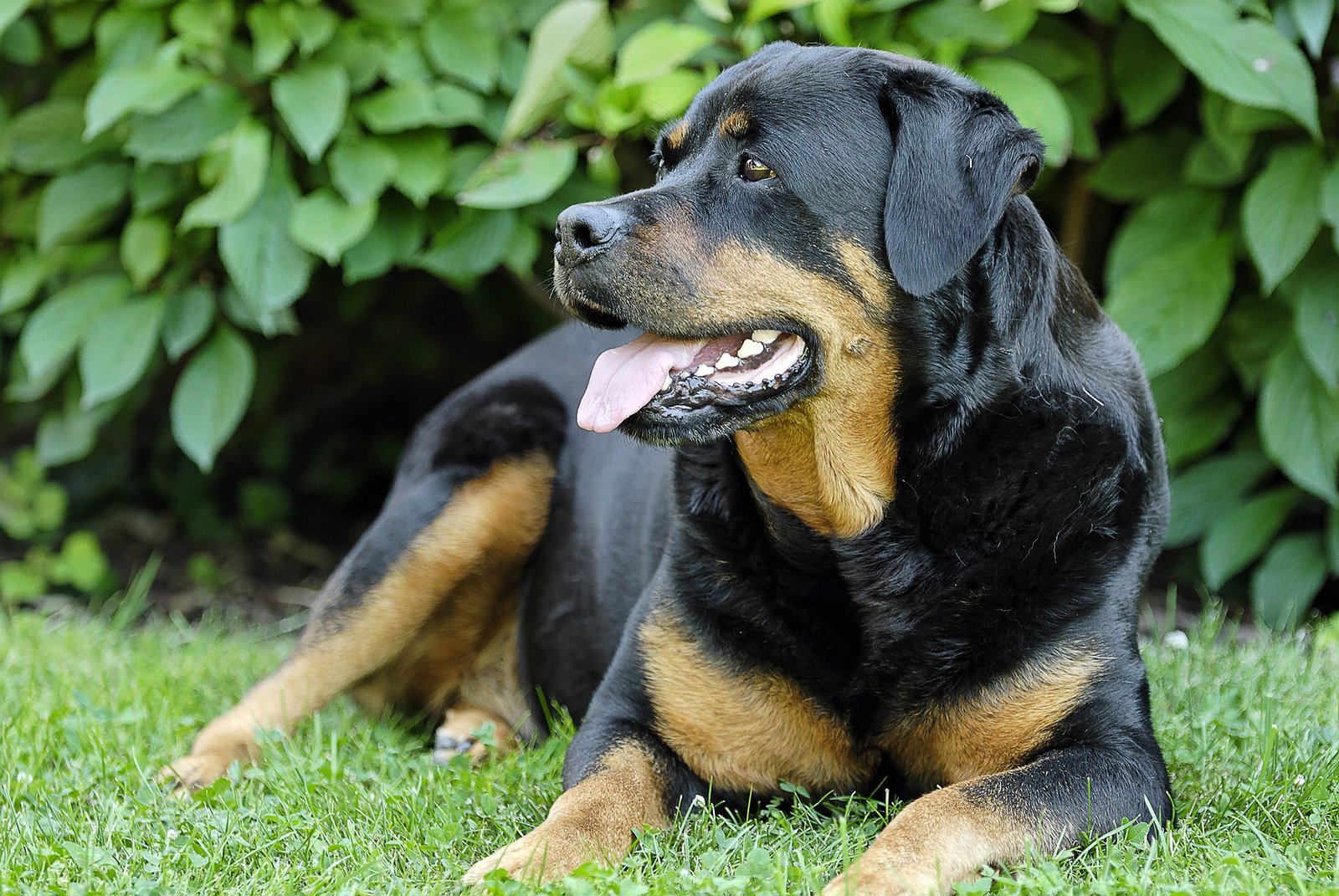
Rottweilers are powerful, loyal dogs that form deep bonds with their families. However, their protective instincts can sometimes lead to aggressive behavior if not properly managed. Early socialization and obedience training are absolutely essential for this breed. Rottweilers respond well to confident, consistent leadership, and clear boundaries help them feel secure. Without proper training, their strength and drive can make them difficult to control. With the right guidance, Rottweilers can be gentle, devoted companions, but they are not a breed for the faint of heart.
Akita: The Independent Leader
Akitas are dignified, intelligent, and fiercely loyal, but they also have a strong independent streak. These dogs were bred for guarding and can be wary of strangers. Obedience training and early socialization are crucial to help Akitas become well-adjusted family members. They need an experienced owner who can provide firm, consistent boundaries without resorting to harshness. Without proper training, Akitas may become territorial or difficult to manage. With patience and respect, however, they can be incredibly devoted and loving dogs.
Australian Cattle Dog: The Tireless Worker
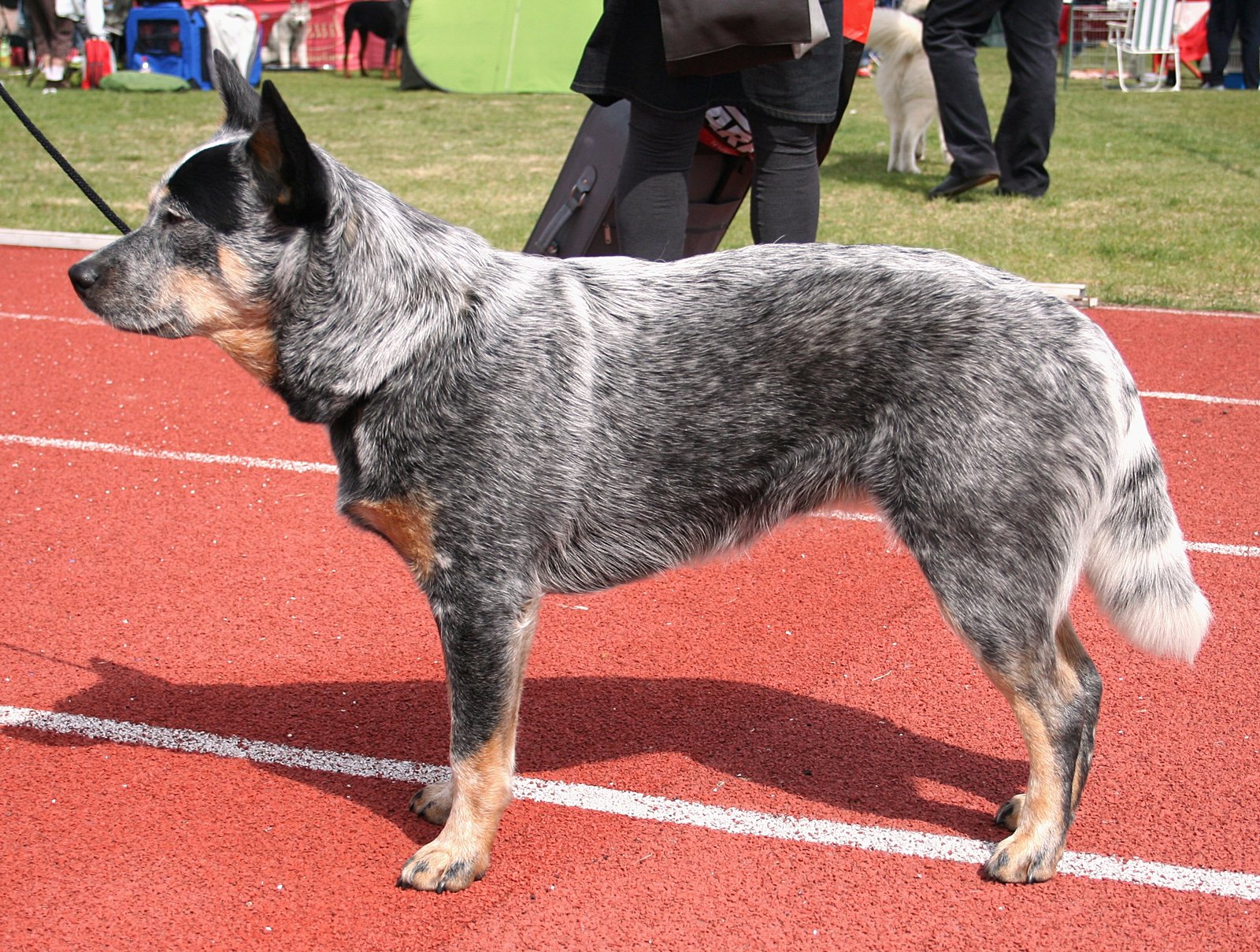
Australian Cattle Dogs are bred for herding and are known for their intelligence, energy, and determination. These traits make them excellent working dogs but can be a challenge in a typical household. Without a clear job and regular training, they may become bored and develop undesirable behaviors. Obedience training is a must to help channel their drive and focus. Australian Cattle Dogs thrive when given structure and purpose, and they bond deeply with owners who can match their intensity and dedication. They’re loyal companions, but only when given the guidance they need.





